Top stories
News
Top stories
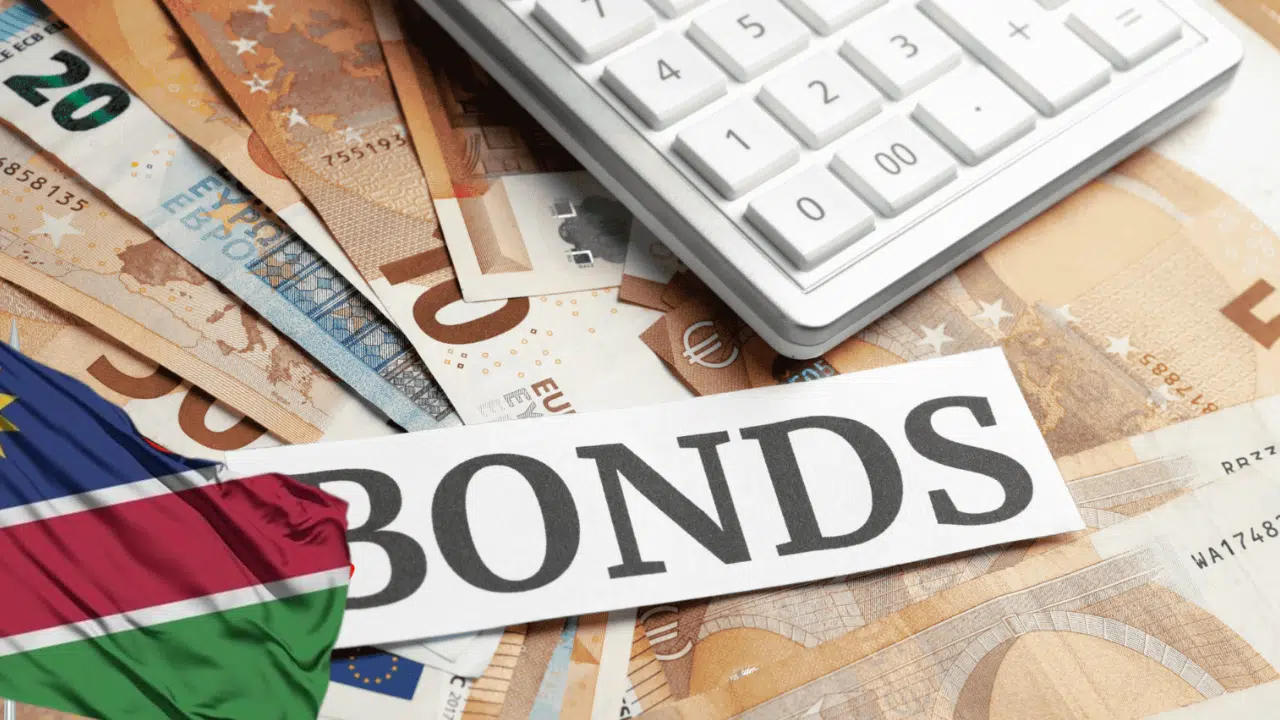
With domestic liquidity at a record high, the Southern African nation is banking on a combination of internal borrowing, its large sinking fund and syndicated loans to manage the repayment without returning fully to international markets.
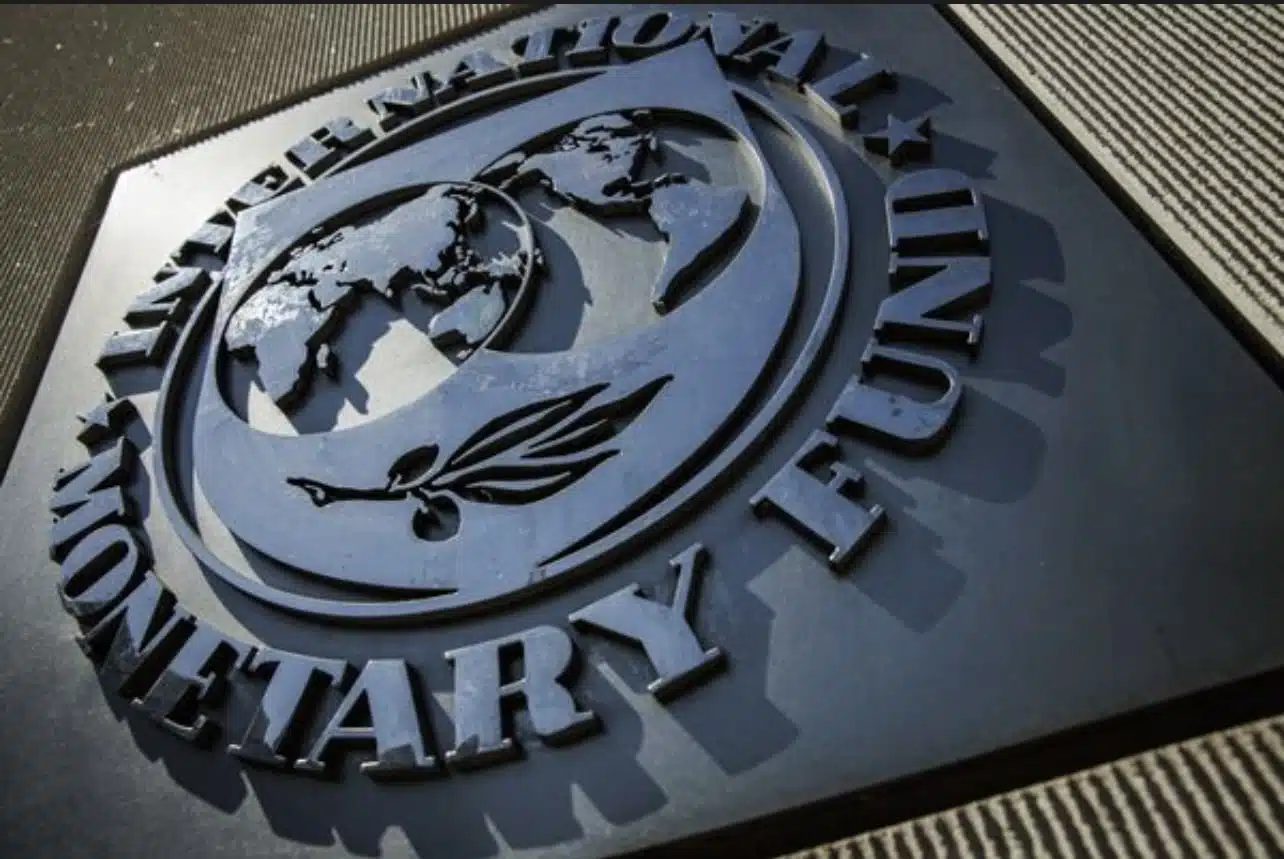
The Washington-based lender explained that its latest stance is anchored on “good” stability in Zimbabwe’s official market and a growing likelihood of convergence between official and parallel market rates.

The Attorney General’s clarification comes after media reports suggested that the law office removed the Managing Director’s name from the trial without offering any explanation.
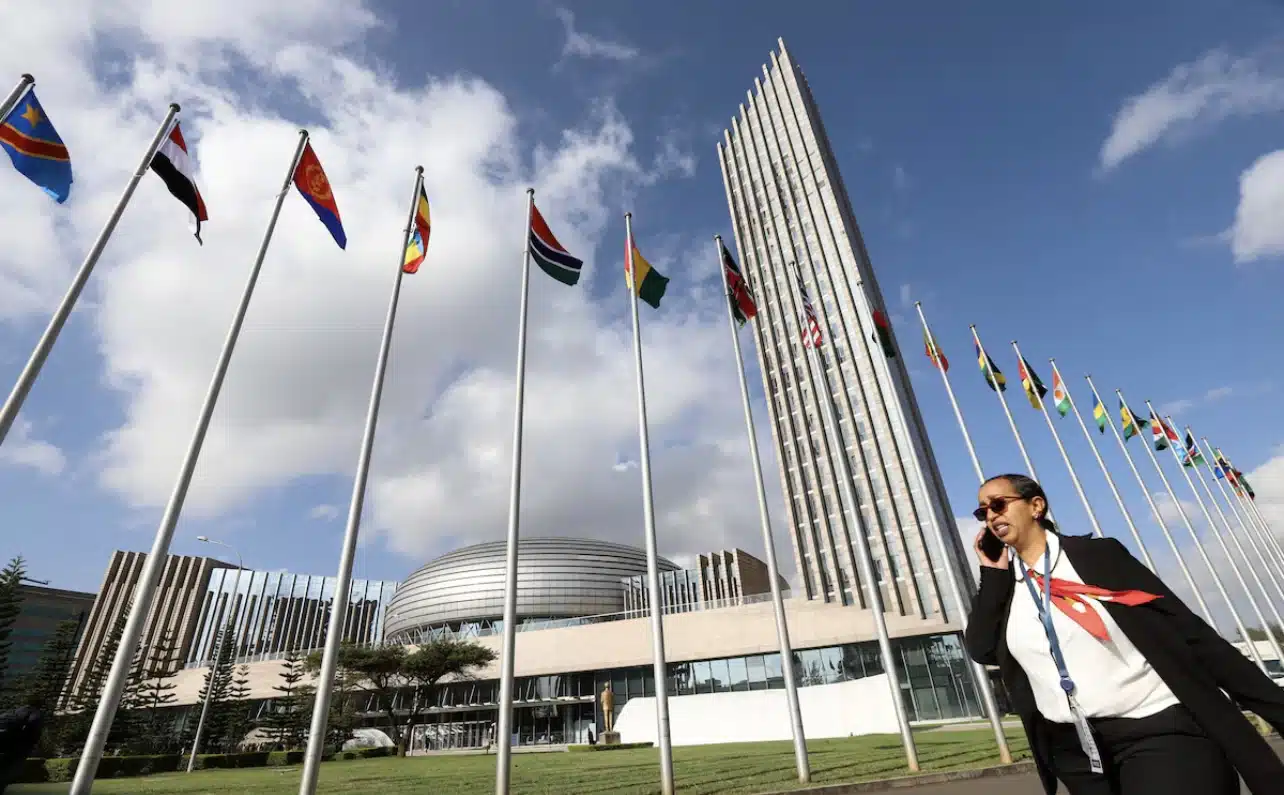
Born out of frustration with the big three rating agencies, AfCRA aims to offer credit assessments that better reflect the continent’s economic realities.
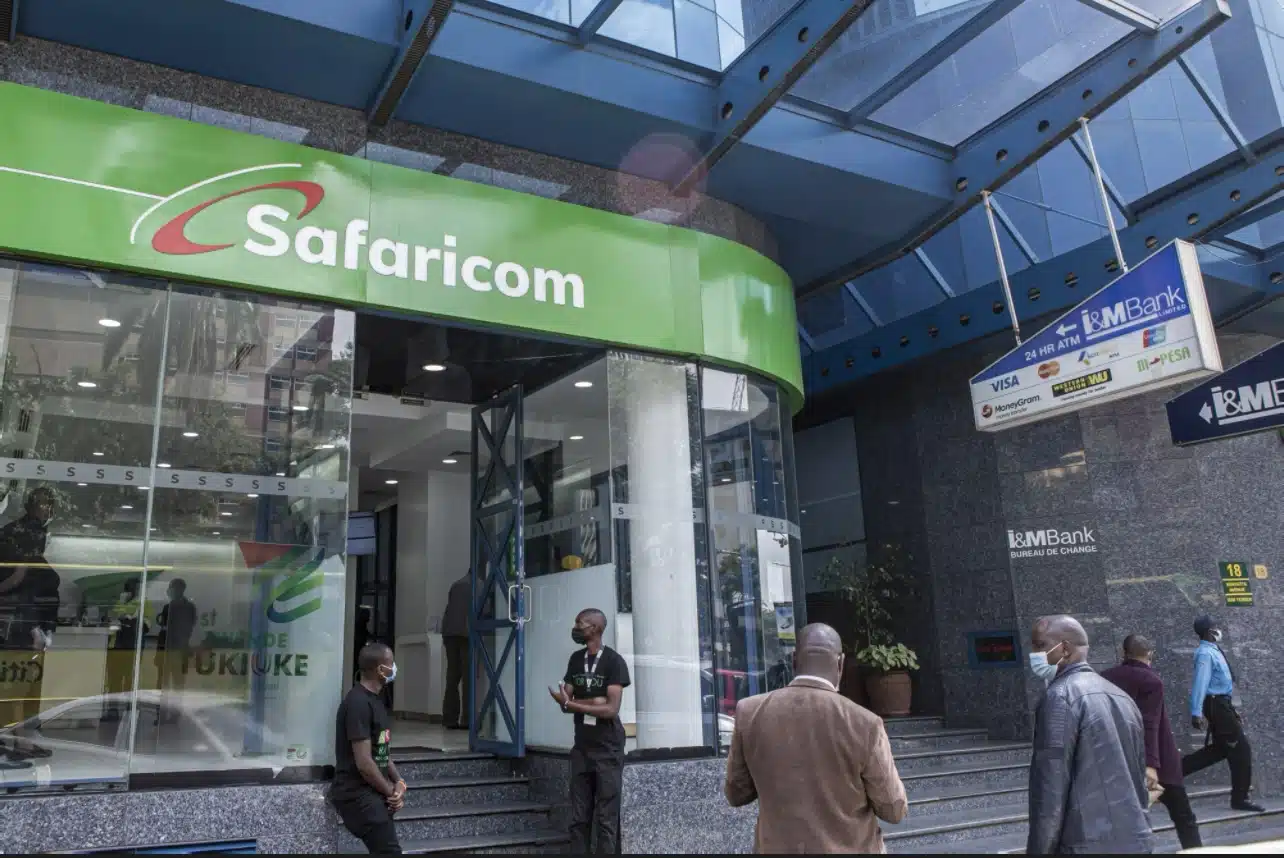
By pushing Kenya’s electronic share registry to 97 billion shares, the move marks a significant step toward full dematerialisation of securities and is expected to boost liquidity, transparency, and investor confidence.
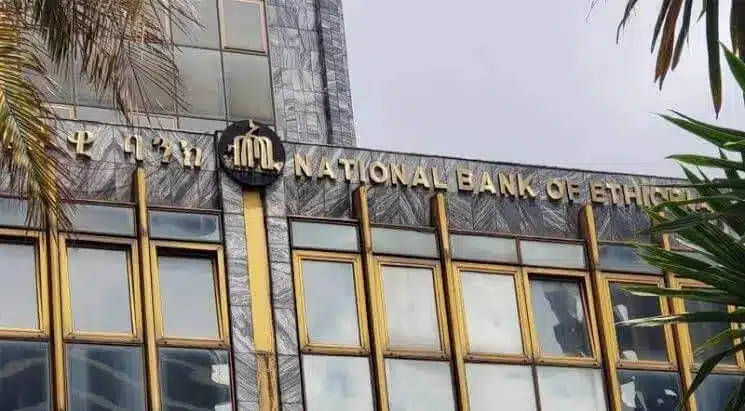
The National Bank of Ethiopia (NBE) held its seventh foreign exchange auction of the year, selling $50 million at 134.95 birr per dollar, in a bid to stabilise its foreign exchange
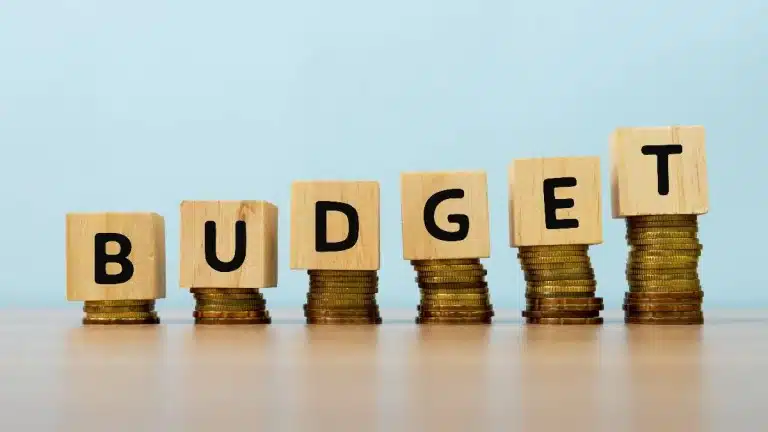
Despite Ethiopia’s budget nominal rise, the budget’s value in US dollars has declined by 30% due to the Birr’s depreciation.
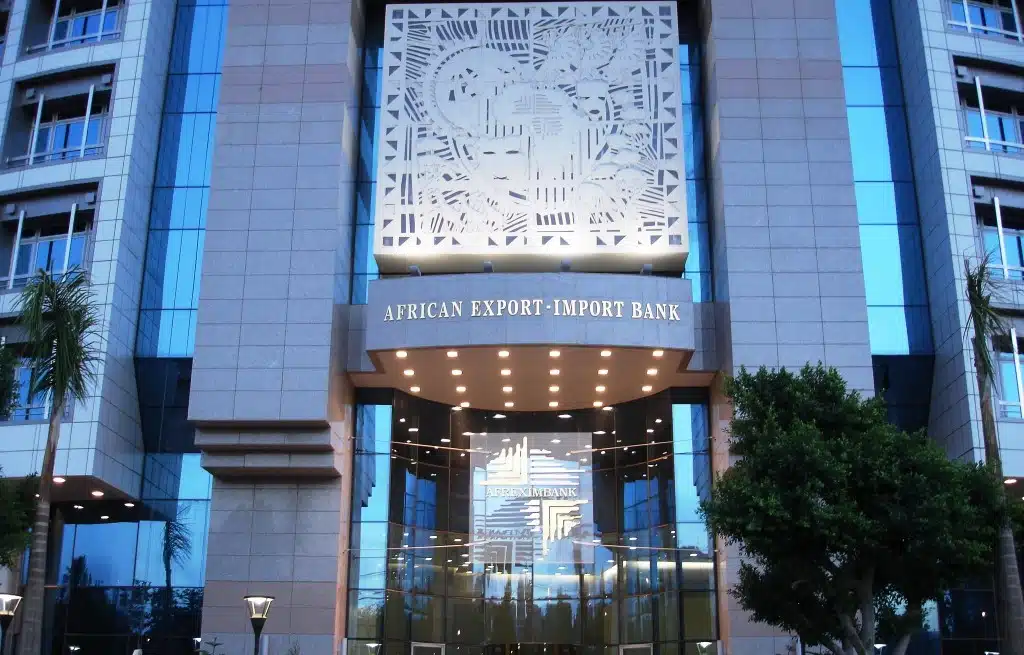
Fitch Ratings has downgraded the African Export-Import Bank (Afreximbank) by one notch to BBB-, placing it at the bottom of investment grade and just above junk status.
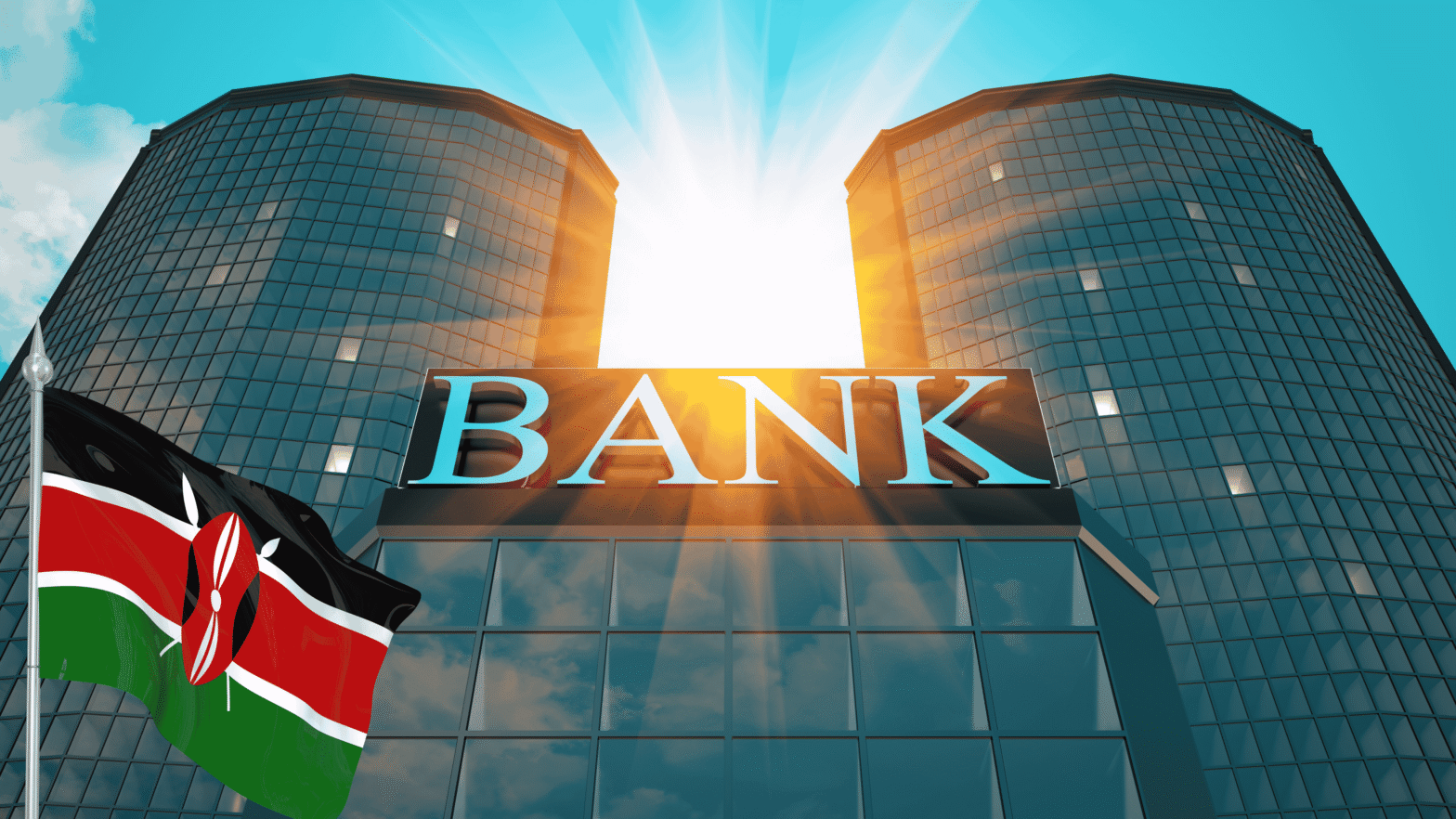
Kenya’s top lenders, Equity Group and KCB Group, are grappling with Instruction 18, a new rule from the Democratic Republic of Congo, aimed to drive local investors market dominance
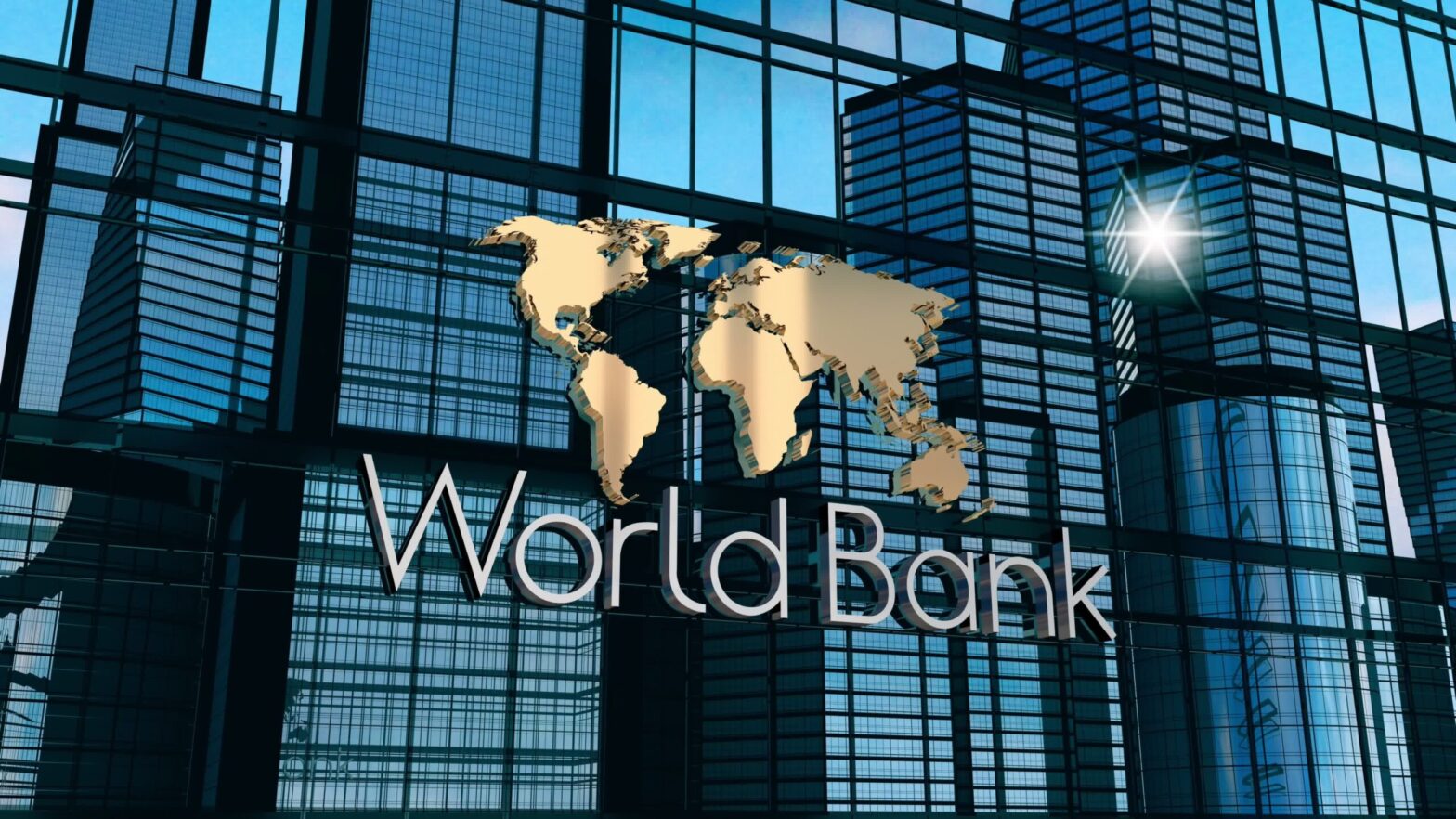
The resumption of World Bank support could help ease the country’s mounting fiscal pressure by reintroducing cheaper external financing, particularly in infrastructure and development sectors.

This historic shift marks the key emergence of a new, regulated gold economy in Ghana – where small-scale miners are no longer secondary, but central to national growth

While the IMF praised the West African nation for its efforts to improve tax compliance and reduce reliance on external financing, it noted that these initiatives will have no impact on the ongoing misreporting case that led to the suspension of disbursements.
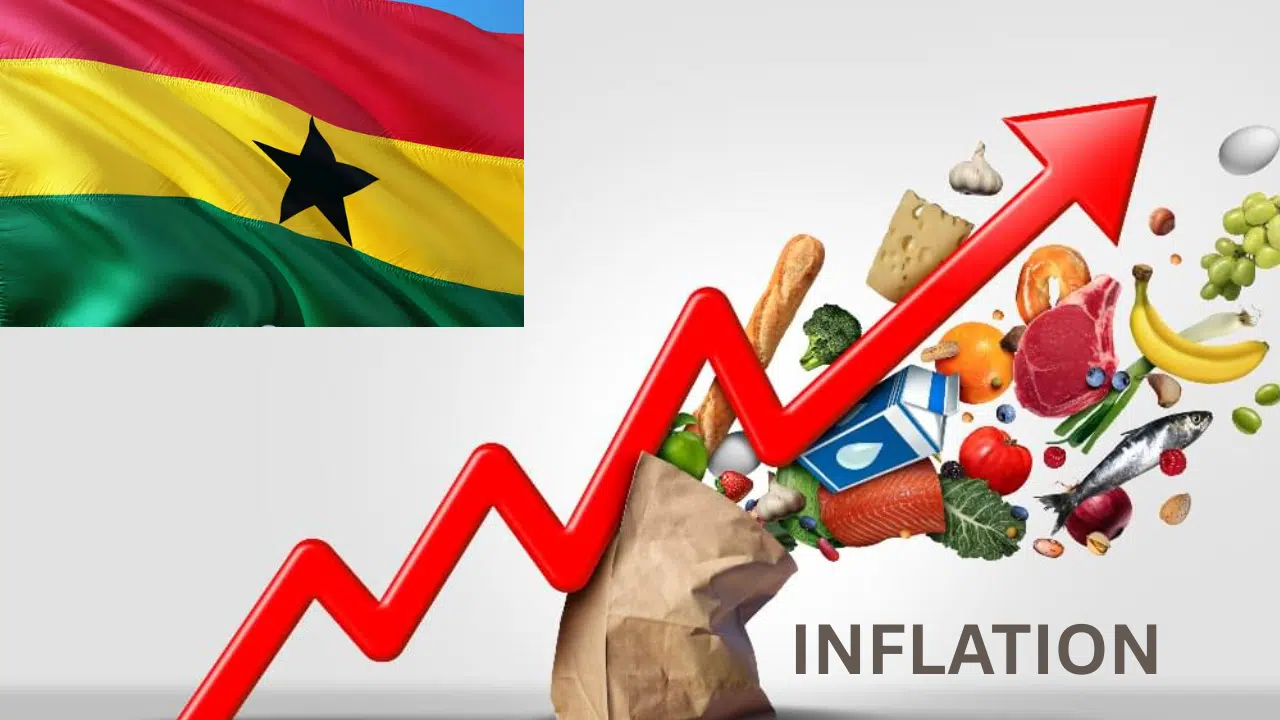
Consumer prices dropped to 18.4% in May, driven by a sharp decline in non-food inflation. Although Ghana is now on a five-month disinflation streak, inflation remains well above the central bank’s target, signalling the need for continued caution.
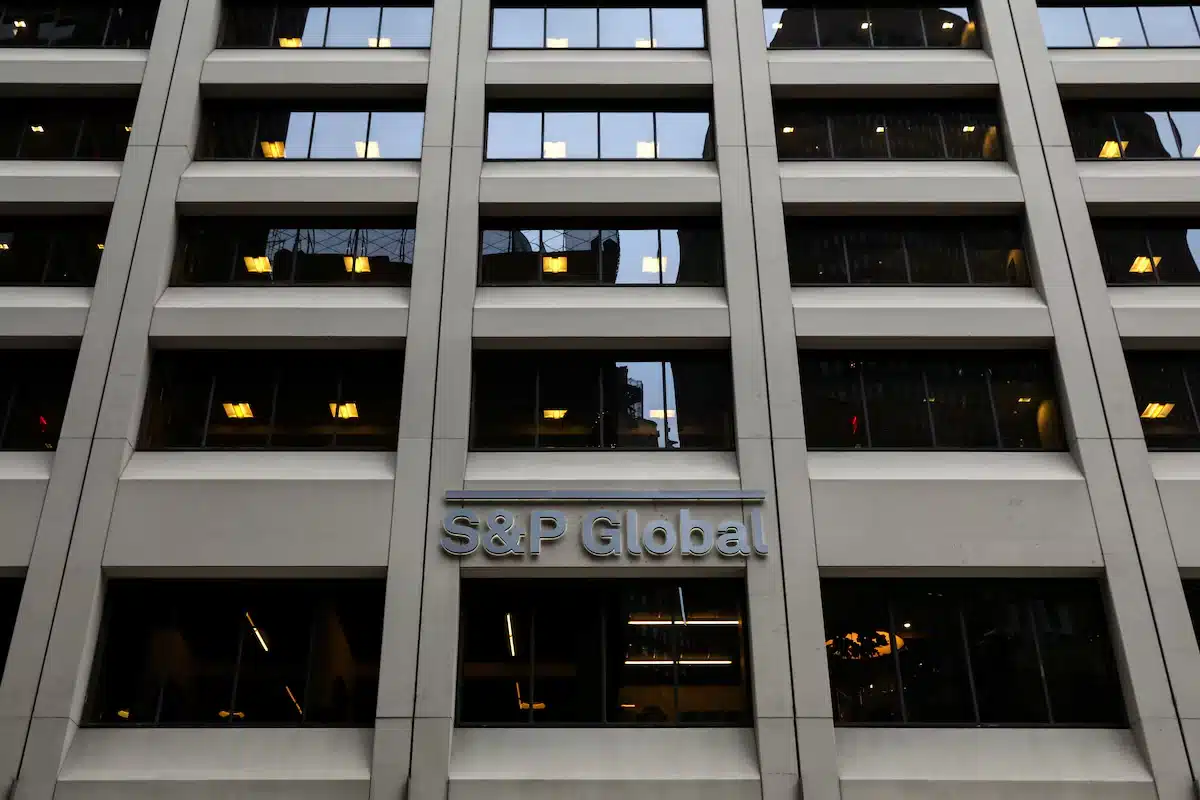
The African nation has held a sub-investment grade ‘BB-/B’ foreign currency rating since 2020, following years of slow growth, mounting debt, and large-scale bailouts for state-owned enterprises.

Ethiopia’s reform program is showing signs of success, with improved inflation, surging export earnings, and an 83% jump in tax revenue unlocking $260 million in fresh funding from the IMF
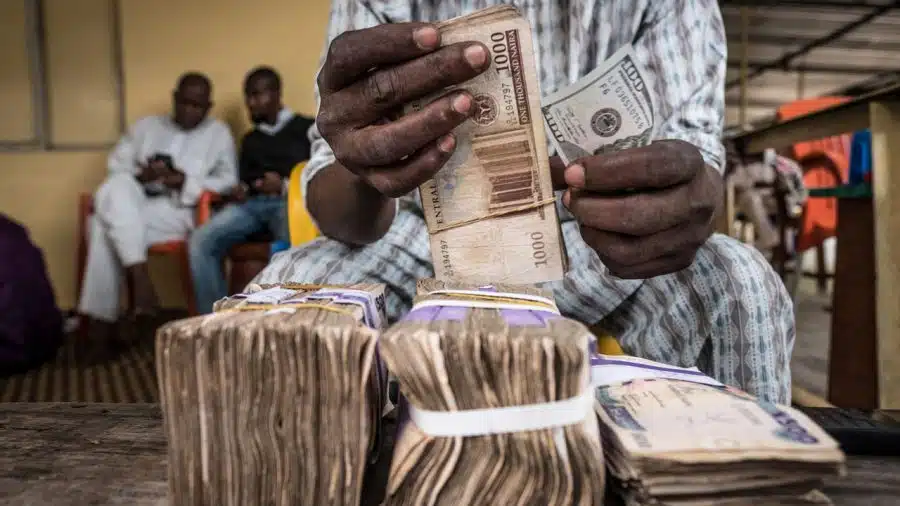
The CBN’s recapitalisation benchmark introduced in 2024 aimed at reforming Nigeria’s informal sector runs on a deadline today, only 5% of BDC operators has hit the bar
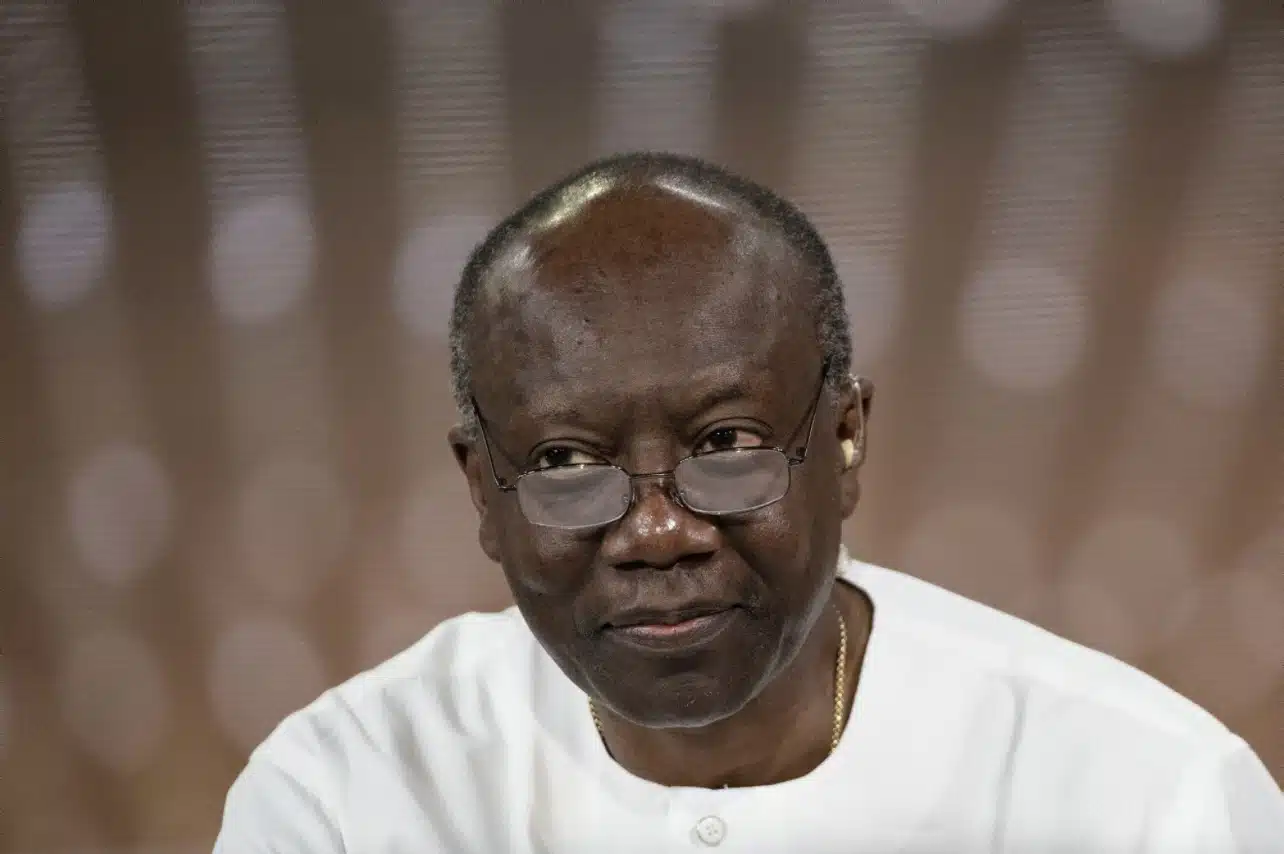
In addition to the renewed warrant, the special prosecutor has begun the process of issuing an Interpol red alert for the former minister’s arrest and extradition to Ghana.
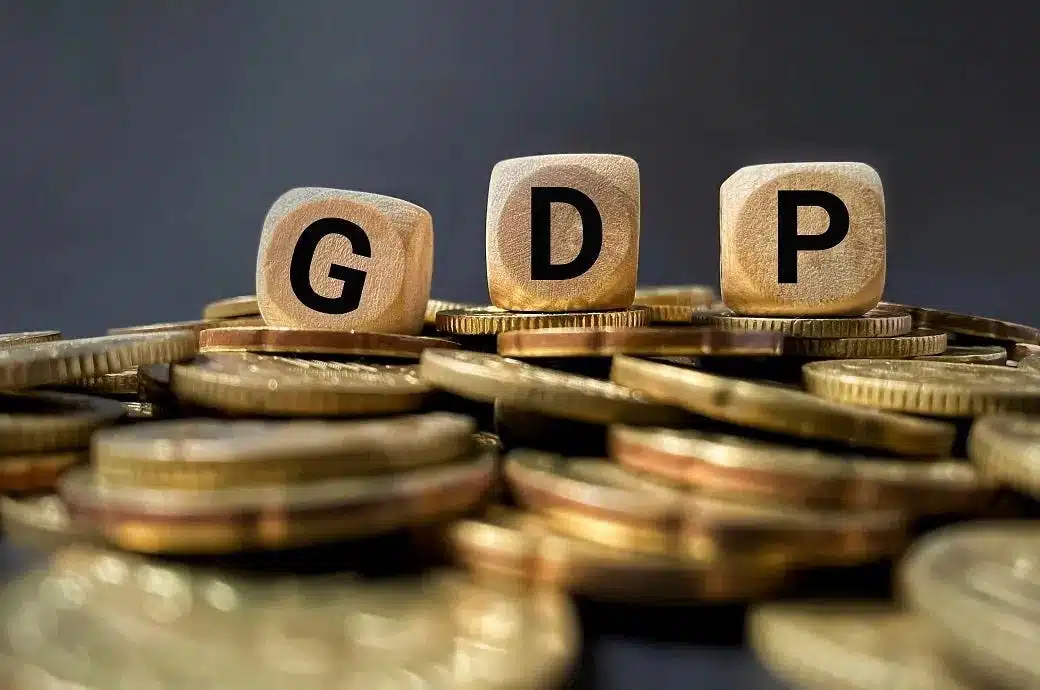
The sluggish growth comes despite a rebound in agricultural output, with the sector expanding by 15.8% during the quarter — a lift that ultimately helped the economy avoid slipping into contraction.

Libya officially became the 52nd shareholder of the African Export-Import Bank (Afreximbank) on May 13, 2025.

Nigeria’s credit rating rises to B3, reflecting stronger economic management and investor confidence, though risks persist.
